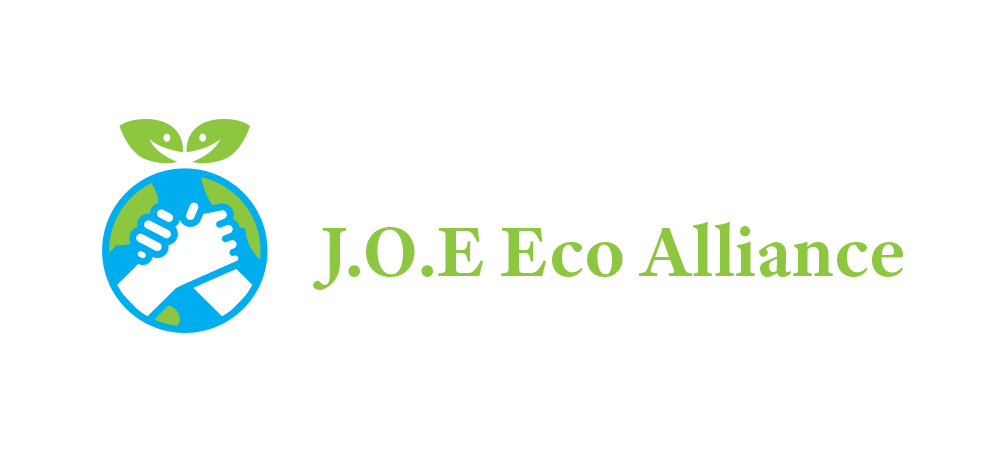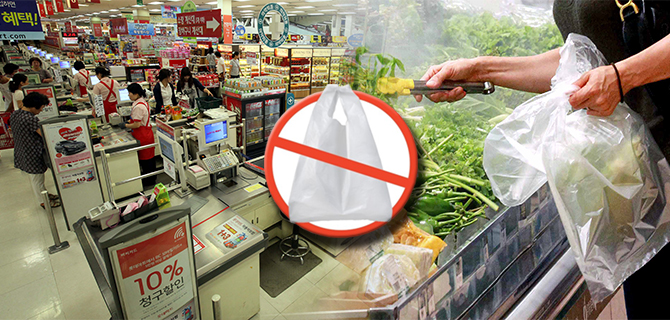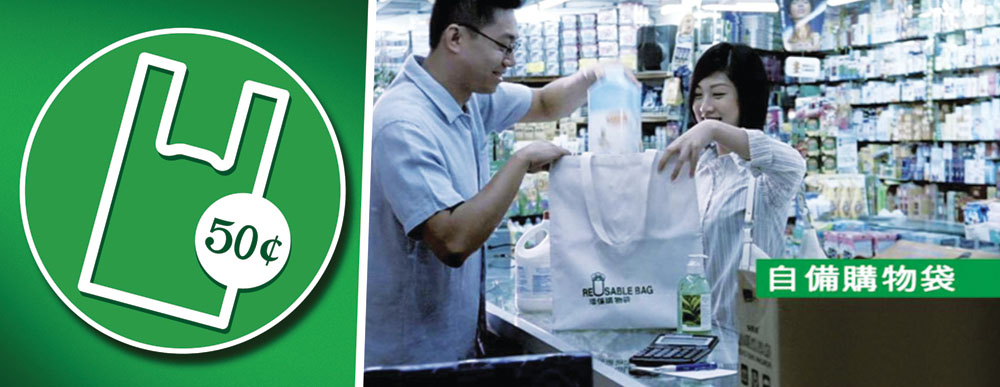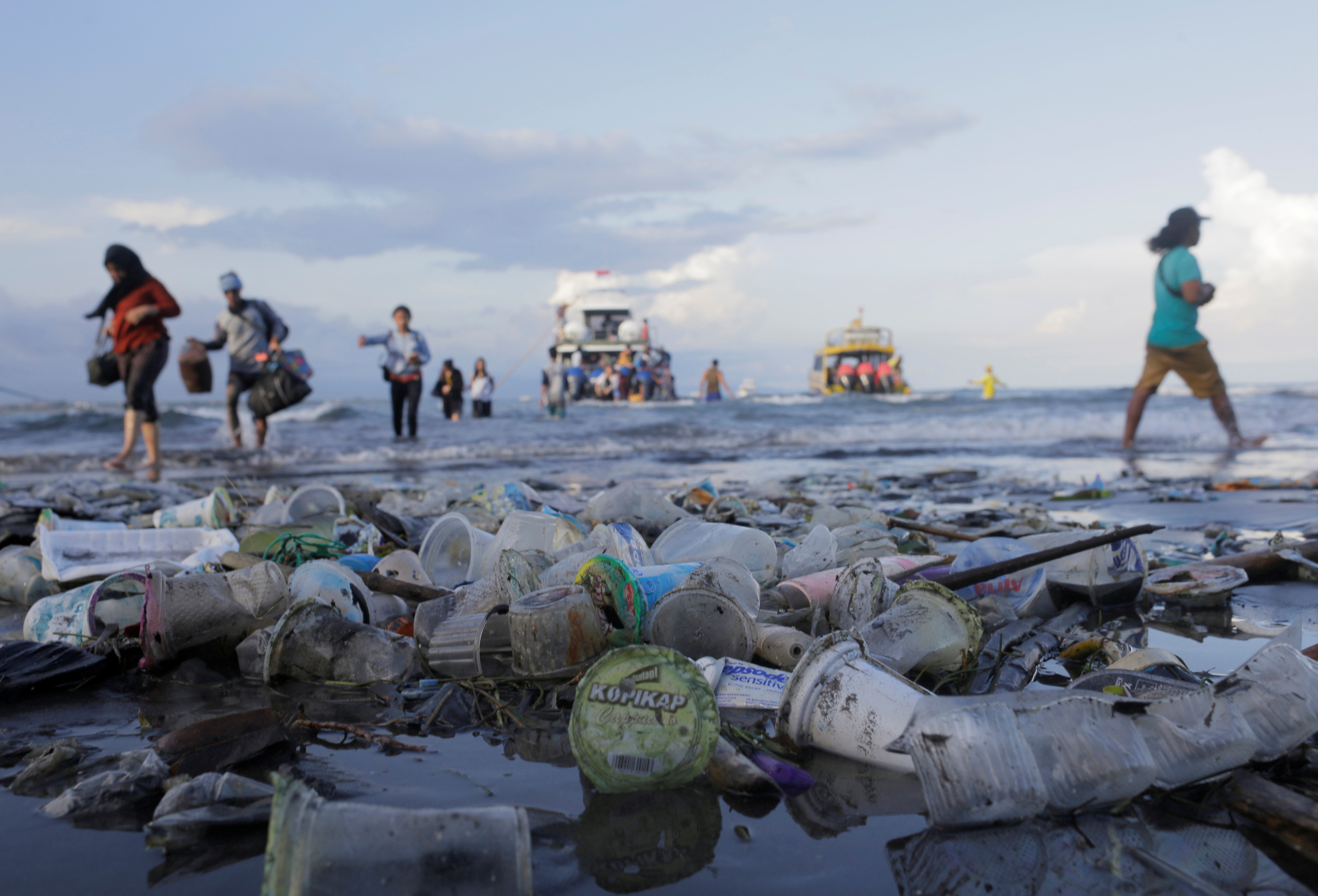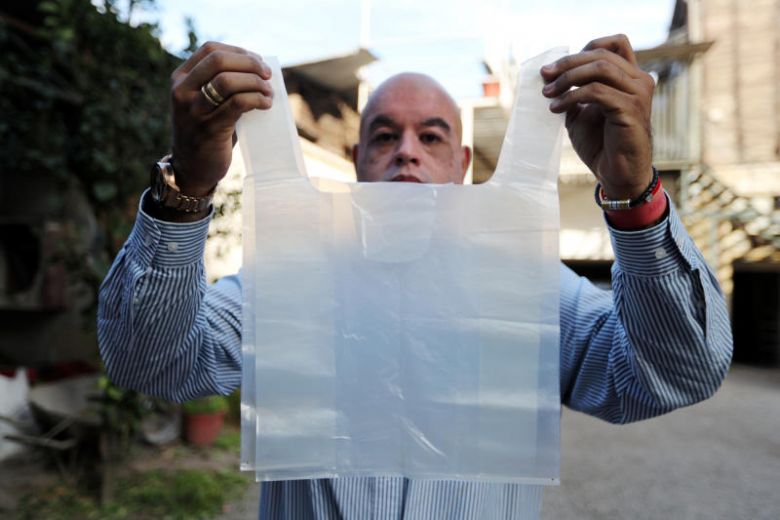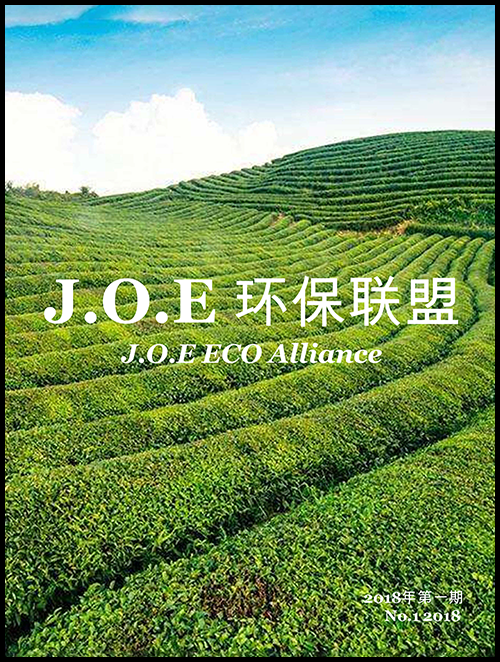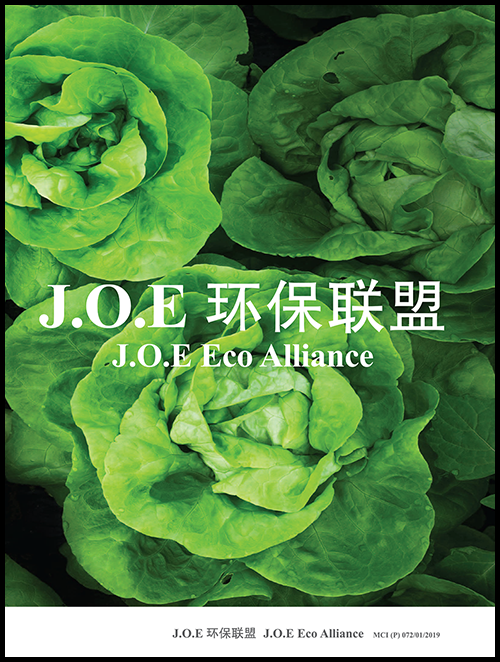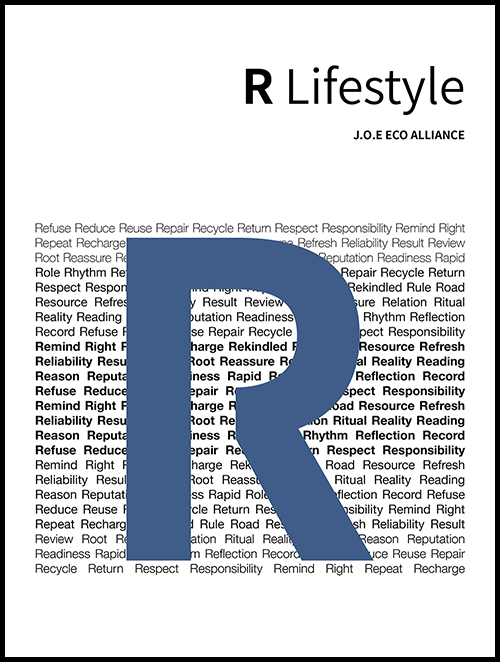印度尼西亚是全球第二大海洋塑胶垃圾来源国,为协助落实政府的减塑目标,“不提供免费塑胶袋”政策本月开始实施。
不过,一个塑胶袋要价最低200印尼盾(约0.02新元)却引来批评。
从本月1日起,印尼零售业协会会员在全国推行“不提供免费塑胶袋”措施,消费者若要塑胶袋,需自费购买,价格由各业者视塑胶袋大小定价,但不得低于200印尼盾。
《雅加达邮报》报道,印尼消费者基金会主席图卢斯说,消费者不会在意多花200印尼盾买一个塑胶袋,即使买五个或10个,也只要多花1000或2000印尼盾(约0.10或0.20新元),成本微不足道。
他说,完全禁用塑胶袋并非不可能,印尼有些地方已完全禁止零售业者提供塑胶袋,例如西爪哇省茂物、峇厘岛首府登巴萨等地。
印尼零售业协会发言人费南多称,不提供免费塑胶袋是为提高民众的环保意识,塑胶袋价格多少并不是重点。
全球塑胶垃圾每年一成来自印尼
根据去年10月发表的研究,全球每年有800万吨的塑胶垃圾流入海洋,其中28%来自中国,其次是印尼(10%)。
印尼政府2017年设定减塑目标,希望在2025年前减少海洋垃圾。
不过,政府内部针对解决此课题出现分歧,对达成目标构成新挑战。
印尼零售业协会曾在2016年试行“不提供免费塑胶袋”措施,但却得不到公众支持,结果在几个月后被迫取消。
旅游胜地峇厘岛已从今年1月1日起实行减少塑胶袋政策,而印尼最大连锁书店Gramedia也不再为顾客提供塑胶袋。
Having earned notoriety as one of the top marine polluters in the world from plastic waste, Indonesia is taking action, although the government and the private sector may not see eye to eye on how to tackle the problem.
The government has set a target to reduce plastic waste in the ocean as much as 70% by 2025. It also wants to cut overall waste through reducing, reusing and recycling by 30% in the same year. A number of regional administrations have already introduced bans on the use of plastics, especially single-use products.
Bali, the top tourism destination in Indonesia, introduced its policy in late December. Governor I Wayan Koster has set a target to reduce the island’s plastic waste by 60-70% within a year by banning plastic bags, foam containers and straws.
More recently, the Indonesian Retailers Association (Aprindo) reintroduced a policy to charge customers 200 rupiah (equivalent to about 45 satang) per plastic bag starting from March 1.
The government tried to impose a plastic-bag tax in 2016 but it abandoned the plan after a three-month trial amid protests from retailers, especially in the regions. Some even faced police questioning and intervention by local authorities, after customers demanded to know whether the shops had a legal basis for charging a fee.
The Indonesian Consumer Foundation (YLKI) chairman Tulus Abadi said in a statement that paying 200 rupiah per plastic bag was not much of a deterrent, as most people could easily pay for 1,000 rupiah for five plastic bags on a typical shopping trip. The least the retailers could do, he said, would be to switch to biodegradable plastics.
In Jakarta alone, people use between 240 million and 300 million plastic bags per year, or 1,900 to 2,400 tonnes, according to research conducted by the Jakarta administration’s environmental agency and Gerakan Indonesia Diet Kantong Plastik (GIDKP) or Indonesia on a Plastic Bag Diet Movement.
According to environment ministry data, Jakarta produces 2,000 tonnes of plastic waste every day. The four most common items found in coastal areas are disposable plastic bags, straws, plastic sachets and foam containers.
Muharram Atha Rasyadi, a campaigner for Greenpeace Indonesia, said regional administrations’ initiatives to ban single-use plastics should be consistent and implemented thoroughly across the country.
He said businesses have to innovate and abandon the use of single-use plastics for good. Plastic contamination poses different risks to human health in every phase of life from the chemical elements released during use, and after use when the waste pollutes food sources and the environment.
“The main solution to the plastic waste problem is to reduce the supply of single-use plastic. Burning plastic waste in an incinerator is not a solution since it releases toxic chemical elements to the air,” Mr Rasyadi said.
Source: Bangkok Post / Zaobao

